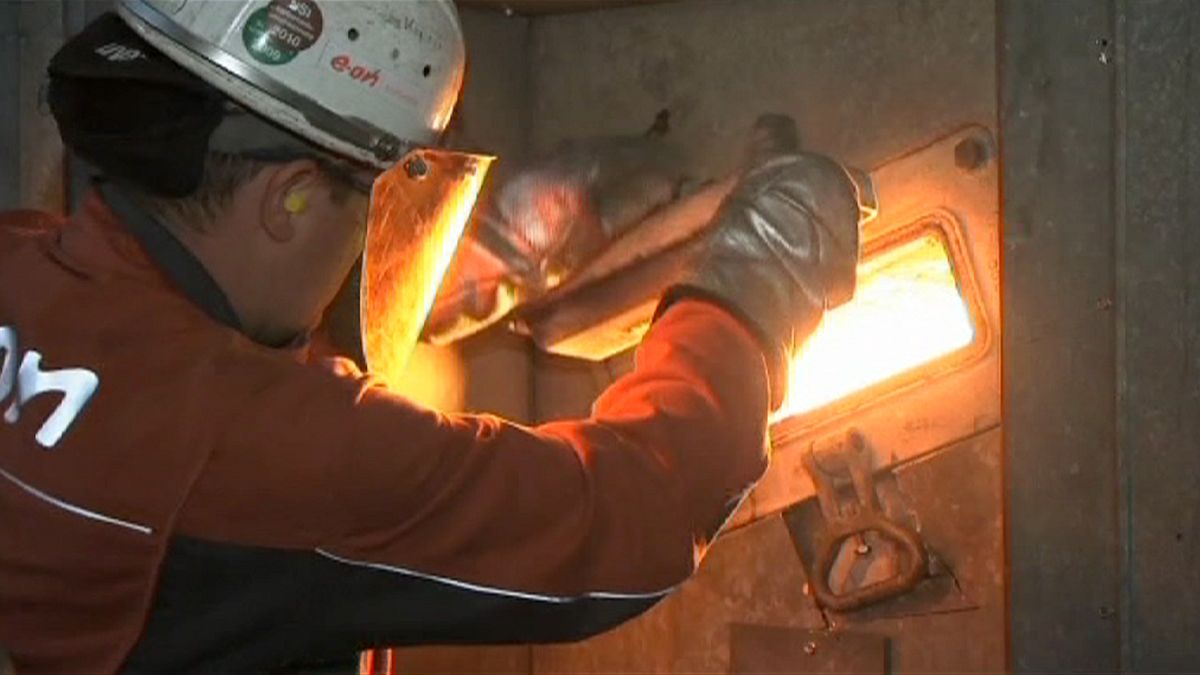Germany’s energy transition has taken a new step in the country’s commitment to reduce carbon emissions — even more ambitious than the European Union
Germany’s energy transition has taken a new step in the country’s commitment to reduce carbon emissions — even more ambitious than the European Union as a whole.
Germany intends to reduce its 1990 level carbon by 40 percent by the end of this decade, while the EU is committed to 2030. For Germany, it means cutting 78 million tonnes of emissions faster.
To attain 25-30 million of that, the government counts on boosting energy efficiency, for example, by offering tax incentives for building renovation, to improve heating performance.
But electricity production will also be expected to contribute to the cuts, mostly coal plants. Coal produces one third of greenhouse gases. Germany has four out of five of the most polluting coal burning plants in the EU, according to NGO WWF’s study entitled ‘Europe’s Dirty’.
These plants will be asked to reduce their emissions by 22 million tonnes.
And they are Germany’s main generating source. Around 500 plants of this type count for 46 percent of its power production today. Each of them, on average, puts between one and seven million tonnes of CO2 into the atmosphere every year. The total from coal burning is more than 340 million tonnes.
The challenge is to handle the entire rebalancing of the energy mix that follows Germany’s decision taken in the wake of the Fukushima disaster in 2011, that is to decommission its 17 nuclear power plants by 2022 — with the goal of not harming employment or exports while doing it.
By 2050, Germany’s ambition is to have 80 percent of its energy needs coming from renewable sources. Already today, Germans pay three times what the French pay for their electricity.
